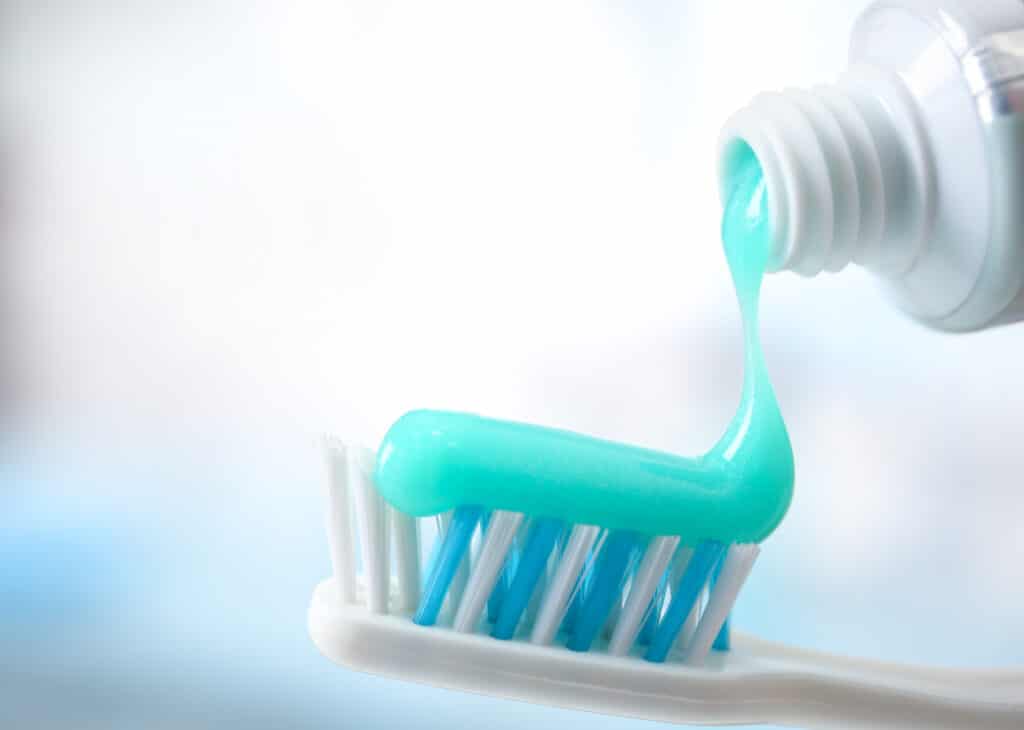Tooth sensitivity is never a fun experience. Fortunately, there are multiple remedies that can alleviate the pain caused by sensitive teeth. If you have been experiencing sensitivity, we recommend visiting our office for treatment. The right treatment ensures your teeth remain in the best possible condition, improving their health and appearance.
What is Tooth Sensitivity?

Dentin hypersensitivity is more commonly known as tooth sensitivity. This condition is exactly what it sounds like; it refers to teeth that are sensitive to specific stimuli, such as hot or cold temperatures, resulting in pain or discomfort.
Tooth sensitivity can be temporary, which is common following a specific dental service, or may last for a longer period of time. This is often an indication of a dental issue that requires treatment. It may impact a single tooth, multiple teeth, or all of the teeth in the mouth.
Regardless of the specific type of tooth sensitivity that you are experiencing, obtaining dental services to resolve the issue is often necessary. Whether you need to have a cavity filled or a root canal treatment, there are multiple ways that our services can help you find relief.
Common Symptoms of Tooth Sensitivity
Most of the stimuli that will cause pain or discomfort are related to consuming food or beverages. This is most common after consuming food or drinks that are hot, cold, sweet, or acidic. Exposure to cold air, alcohol-based mouthwash, brushing, and flossing may also contribute to tooth sensitivity. If you are experiencing pain or discomfort after your teeth have been exposed to any of these stimuli, you likely have this condition.

Causes of Sensitivity
In most situations, tooth sensitivity is caused by enamel thinning, which exposes the dentin layer of the teeth. Enamel wear can occur in various ways, including brushing too vigorously, using a hard-bristled toothbrush, regularly consuming acidic foods or beverages, and grinding teeth at night. Protecting the enamel can help to keep your teeth in the best possible condition.
Gum recession, tooth decay, chipped teeth, worn-down fillings or crowns, and broken teeth all expose the dentin layer of the teeth, leading to sensitivity. Taking care of your teeth by avoiding these common causes can help to prevent tooth sensitivity.
Temporary sensitivity may occur in the short period following dental services. You should contact our office if you are concerned about lingering sensitivity after receiving dental work.
Methods for Relieving Sensitivity
When you are experiencing pain from tooth sensitivity, you should avoid triggers until you are able to visit us. We will be able to identify the cause of your tooth sensitivity and restore the health of your teeth.
In the meantime, a saltwater rinse — created by dissolving a pinch of salt in lukewarm water — can go a long way toward relieving pain. This simple mixture contains anti-inflammatory properties that help to reduce pain levels and improve your level of comfort.
Alternatively, green tea contains many antioxidants and anti-inflammatory properties, which can improve your health and ensure that your teeth remain in top condition. Green tea and water are far better alternatives to regularly drinking acidic substances that damage your teeth, such as soda.

Treatments for Sensitive Teeth
Visit us when you are experiencing tooth sensitivity to obtain the appropriate treatment to reduce tooth sensitivity and restore your teeth to pristine condition.
There are multiple over-the-counter products that are designed specifically to aid with sensitive teeth, including toothpastes and mouthwashes. If you are using a toothbrush with hard bristles, it’s best to switch to a toothbrush with soft bristles to protect the enamel. Taking care of your teeth with a great oral hygiene routine can help prevent sensitivity and ensure they remain in optimal condition.
If you suffer from bruxism (tooth grinding) along with sensitivity, it’s essential to visit our office so we can help you resolve the existing issue. A mouth guard can be worn at night to protect your teeth from damage while simultaneously reducing the sensitivity of your teeth.
Fluoride can go a long way toward strengthening your teeth and minimizing sensitivity. It comes in many different forms that can be easily added to your oral hygiene routine through toothpaste, mouthwash, and even municipal tap water.
Take care whenever you use whitening treatments. A professional whitening treatment is generally far better for your teeth than the types of whitening treatments you can do at home.
Contact Us!
Pain and discomfort from tooth sensitivity can impact your overall quality of life, prevent you from eating the foods you want, and lead to escalated issues. If you are experiencing tooth sensitivity, don’t hesitate to schedule an appointment with our office. We can identify the root cause of your tooth sensitivity and create a customized plan to enhance and protect the health of your smile. To learn more about how our services can reduce sensitivity in your teeth, contact Leavitt Dentistry today!

